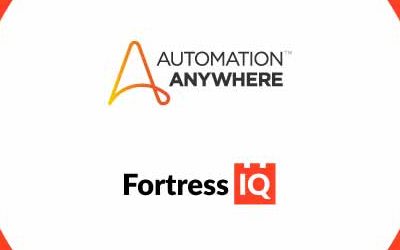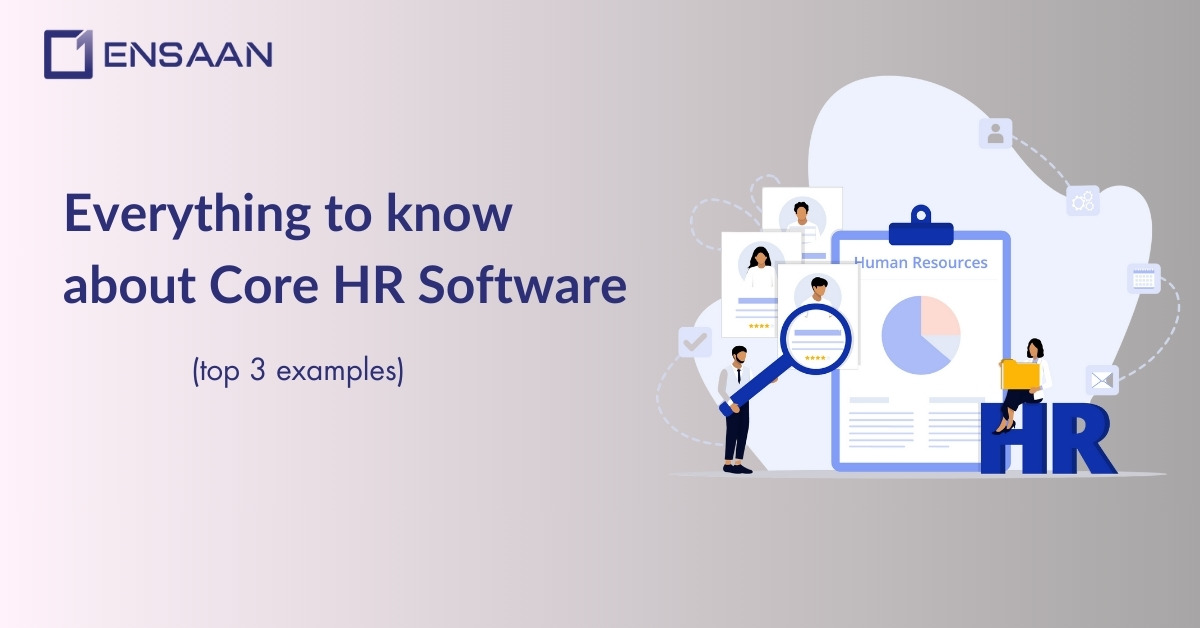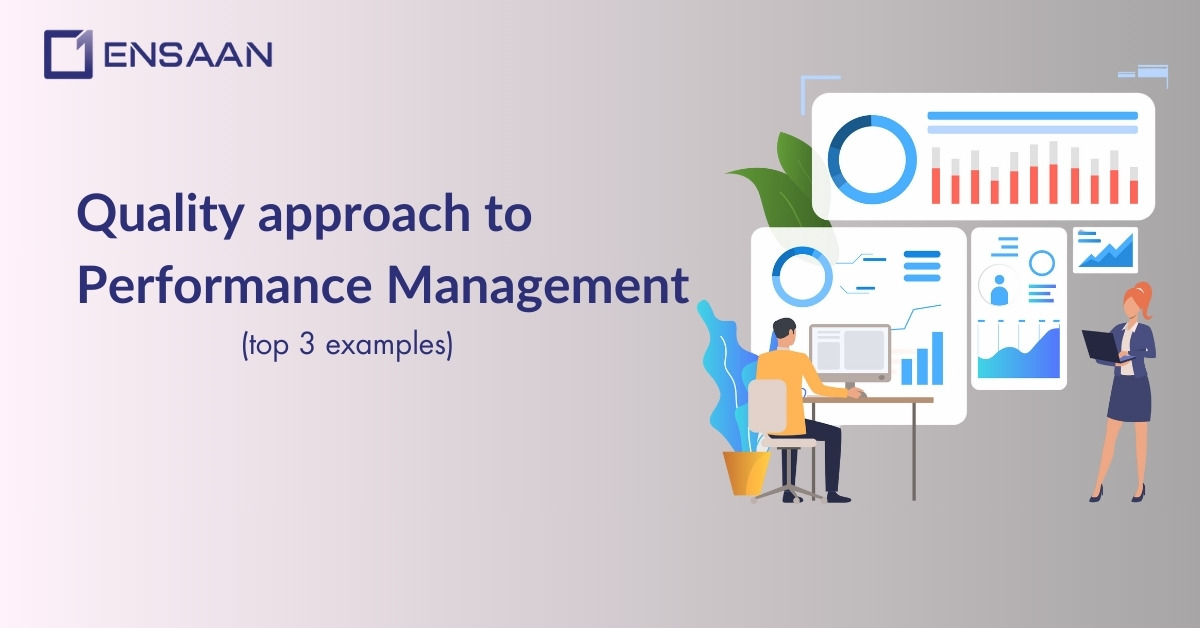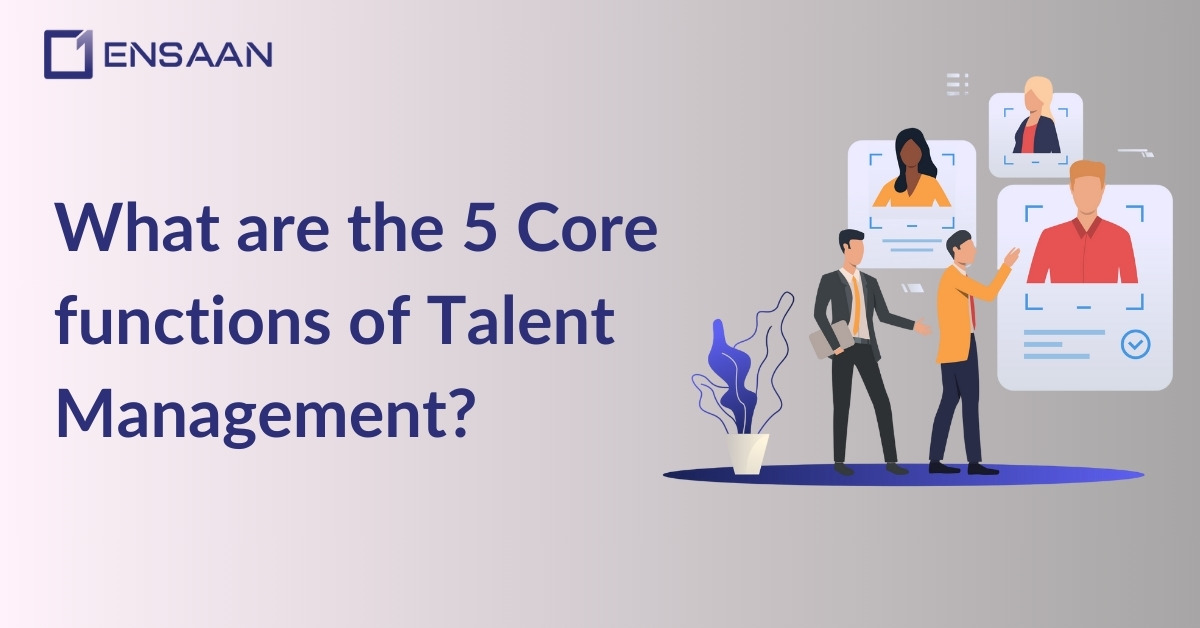The human resource information system (HRIS) helps organisations manage and automate core HR functions and administrative tasks.
In addition, it also centralises employee data in one system, making it easy for employers to quickly asses up-to-date data whenever necessary.
But does it only help organisations, or does it also benefit employees?
In reality, it may surprise you to learn that using HRIS benefits both businesses and employees. In this blog, we will discuss the benefits of the HRIS system for both employees and employers.
So, whether you are an employer or employee, you’ll need to stick to the end of this blog.
Table of contents
HRIS: A Brief Introduction
A human resource information system, or HRIS, is software specifically designed for storing employee data and carrying out core HR functions.
It handles core HR functions such as payroll processing, benefits administration, and employee time and attendance tracking.
HRIS systems streamline HR operations by integrating various HR processes into a single platform.
This helps enhance HR operations’ efficiency, accuracy, and effectiveness. HRIS offers several benefits, such as reduced cost, real-time access to information, and more.
Benefits of HRIS for Employers
After briefly discussing HRIS, it is time to move to our primary concern: exploring its benefits for employers and employees. So, let’s begin by finding out its benefits for employers.
1. Enhanced Data Management and Accuracy:
HRIS works to centralise employee data in one system.
This helps in the efficient management of data, leading to improved data integrity.
Centralising data in one system helps organisations eliminate errors associated with manual entries and reduces redundancy.
Timely and accurate management of all employee data can help employers easily handle employment issues that might arise in the future.
2. Efficiency and Time-Saving:
HRIS systems are designed to perform core HR functions such as payroll processing and benefit administration.
Thus, using HRIS helps increase the HR department’s efficiency by reducing paperwork and manual entry tasks.
Automating core HR functions helps reduce the burden on HR staff so that they can focus on other strategic tasks. This can save time for the entire HR department and increase efficiency.
3. Cost Reduction :
As the core HR functions are performed by the HRIS, the investment required for hiring and training HR staff is reduced.
Also, task automation helps reduce errors and inconsistencies resulting from manual entries.
This can help employers save costs associated with the HR department as there is no need to hire HR staff to carry out or correct errors resulting from manual entries.
4. Improved Compliance:
HRIS stores all of the employee data securely and up-to-date.
Employee information such as personal information, employment history, and attendance-related data are some examples of data HRIS stores. Employers can access this data and generate reports from HRIS when necessary.
This helps employers conduct HR audits and ensure that the organisation complies with labour laws, preventing employers from hefty fines.
Benefits of HRIS for Employees
After going through the benefits of the HRIS system for employers, it’s finally time for us to learn about its employee benefits.
Let’s have a look at the benefits HRIS offers to the employees,
1. Self-Service Options:
There are several tasks that employees can perform themselves without the need to reach HR staff or managers.
These tasks can range from updating personal information to accessing different information about employment.
Self-service options in HRIS allow employees to perform such tasks independently without contacting HR or managers.
This helps employees eliminate lengthy communication processes with HR and managers for simple tasks.
2. Improved Communication:
HRIS can be used for effective communication between employees and the employer.
This largely benefits employees, as they can communicate their issues with HR and managers directly, helping to reduce communication gaps between employees and HR.
On the other hand, with an HRIS, employees can receive updates on company policies, events, and news. HRIS can act as an effective tool for the dissemination of employment-related information.
3. Increased Transparency:
Another benefit of the HRIS system for employees is increased transparency.
The HRIS system helps to promote transparency in HR processes as information is readily available to employees.
Employees can easily access information regarding their payroll, benefits, and other HR-related matters through HRIS.
This ultimately helps to foster a sense of trust and fairness among employees.
4. Enhanced Work-Life Balance :
While the HRIS system alone cannot create a work-life balance for employees, it aids in achieving it.
With HRIS, employees can perform tasks such as requesting leaves and time off and communicate easily with HR and managers.
In addition, as we discussed earlier, the use of HRIS provides employees with access to information related to various aspects of employment, improved ways of communication with HR and managers, and transparency. This will help enhance employees’ work-life balance.
Ensaan Technologies: Empowering Your Organization With Best HRIS
Are you looking for the best HRIS that benefits both employers and employees?
In that case, HRIS software options from Ensaantech can be at your rescue.
Ensaan Technology is a leading HR software provider, making it possible for organizations in the GCC region, including the UAE, Qatar, KSA, and Kuwait, to manage their workforce easily.
It’s now your turn to empower your organisation’s workforce with the best HRIS from Ensaantech.
Conclusion
A human resource information system or HRIS software is designed to simplify, manage, and automate various core HR functions.
It is a centralised system for storing all employee information in one place.
When it comes to the benefits of an HRIS system, the advantages for employers are often highlighted and emphasized. However, HRIS benefits both employers and employees.
The use of HRIS comes with benefits such as enhanced data management and accuracy, efficiency and time savings, cost reduction, and improved compliance for employers.
As a key component of HR software, it helps businesses optimize their HR processes. Implementing the best HR software in UAE, Dubai ensures seamless automation, regulatory compliance, and improved workforce management.
On the other hand, employees can also benefit from the use of HRIS. Features such as self-service options allow employees easy access to information.
Also, HRIS promotes work-life balance, openness, and better communication among staff members.












